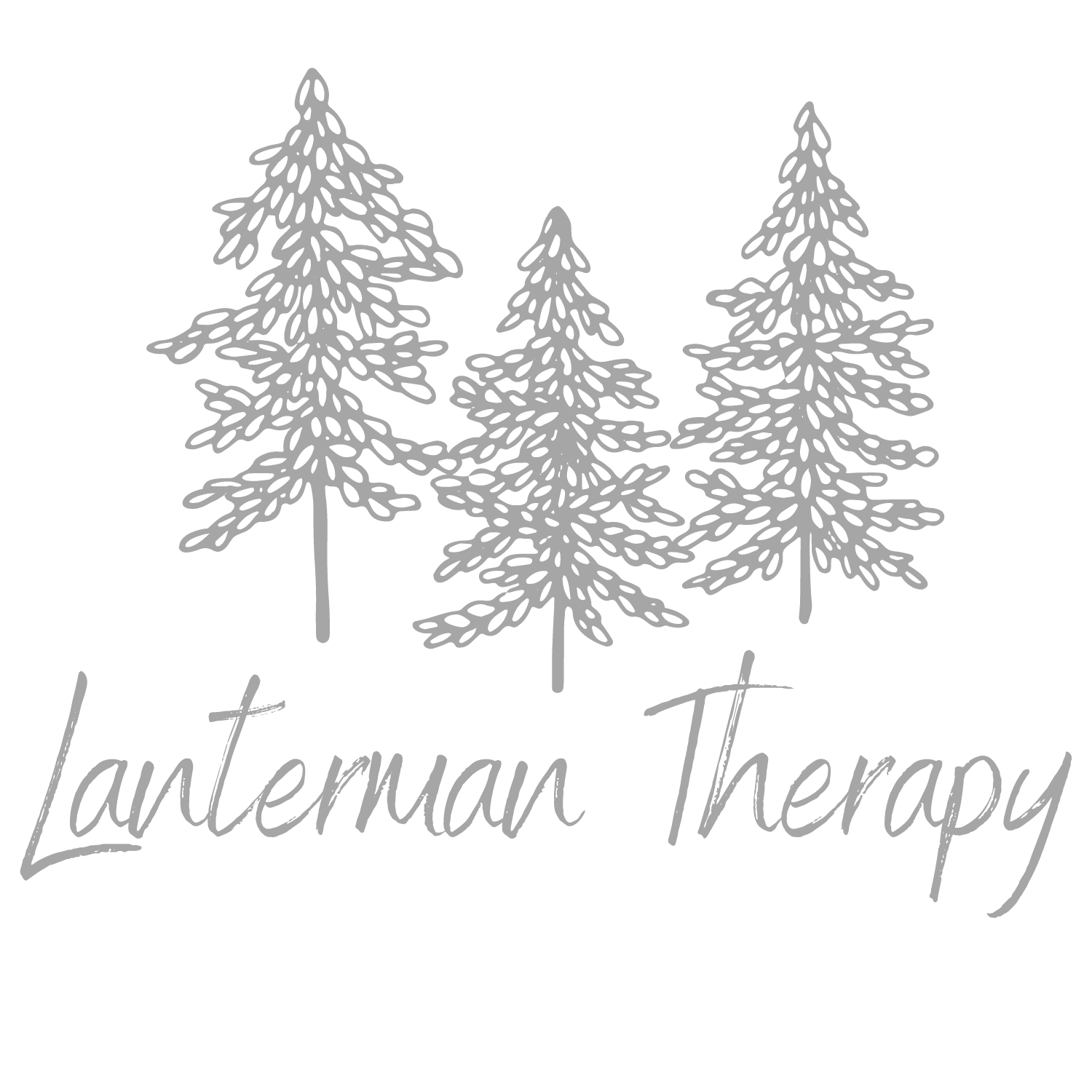How to get the most out of relationship counseling.
If you are here visiting my blog, a part of you is interested in, or curious about, couples counseling. That alone is commendable. I tell my couples that coming to relationship counseling is incredibly brave. It is one thing to go to individual therapy, where the therapist will validate and empathize with your individual perspective. It's another thing to go to couples counseling with your partner; often the concern (prior to starting couples counseling) is that the therapist will side with your partner and all the problems will be painted as your fault. I name this fear in the first session and reassure my clients that the client in the room is neither individual, but the relationship itself.
However, getting the most out of couples therapy involves first and foremost you thinking about yourself and the desired changes that come from you individually. Getting the most out of couples counseling involves thinking about your relationship and the changes you desire that will have a positive impact on your life; likely ones that are already inline with your core values. Based on the recommendations of relationship therapy masters Ellyn Bader, Peter Pearson and Martha Kauppi, the following are two exercises you can do before starting couples counseling.
Envision Your Future Relationship (exercise 1)
Take some time to reflect and answer the following questions:
What kind of relationship do you want to create? When you think of being deeply happy in your relationship, what does that feel like? Imagine reuniting with your partner after a long day of work apart and feeling pure joy and anticipation. You look forward to reconnecting and spending time together. Now here is the question: What are the dynamics of the relationship that you are excited to come home to? What does the relationship look and feel like from your perspective?
When you imagine yourself in that euphoric, fulfilling and joyful relationship, how are you showing up? What kind of partner are you in this deeply happy relationship?
Now assess how far you are from that ideal right now? Honestly, are you showing up as your best self? How might you show up in a way that is more congruent with your values regarding the relationship you want to create?
In my experience, the difference between effective and ineffective couples counseling is whether each partner is able to identify meaningful goals for themselves, not for their partner. Meaningful goals that move therapy forward have key qualities:
Intentions that move you closer to the person you want to be. Goals that are congruent with your core values and feel important to you because they embody your own deeply meaningful growth trajectory and desired actualization.
Accomplishing these goals will not only benefit you, but also your partner and your relationship. The intention will have a direct payoff to you and an indirect positive impact on your relationship and partner.
Goals that are very specific and actionable. If you cannot picture a friend, actor or stranger performing this goal, it is not specific enough.
An example of this kind of goal might be ‘to listen with curiosity, resisting interrupting and postponing one’s agenda (or one’s perspective) until a partner has totally expressed themselves’. This goal might be in alignment with one's values because they want to practice curiosity and be a good listener. Actualizing this goal will likely impact one’s positive feelings of themselves. Being a good listener will also increase a sense of attunement in a relationship and make a partner feel heard and cared for.
Notice this goal has nothing to do with changing one’s partner. It also does not require knowing how to achieve a goal. This is what relationship therapy is for; Couples counselors support folks in actualizing their relationship goals.
Setting Meaningful Goals for Personal Change (exercise 2)
Now think about what you would like to change about how you show up in your relationship? What might you change about your behaviors that will have a positive impact on your relationship and are aligned with your values?
Make a list of skills, characteristics or behaviors you would like to develop or change. Highlight the changes you believe will have the most impact on the quality of your relationship. Also note how you will feel after you have accomplished these goals. What feelings will you experience when you show up in your relationship the way you aspire to? Make a list of at least three goals for yourself.
